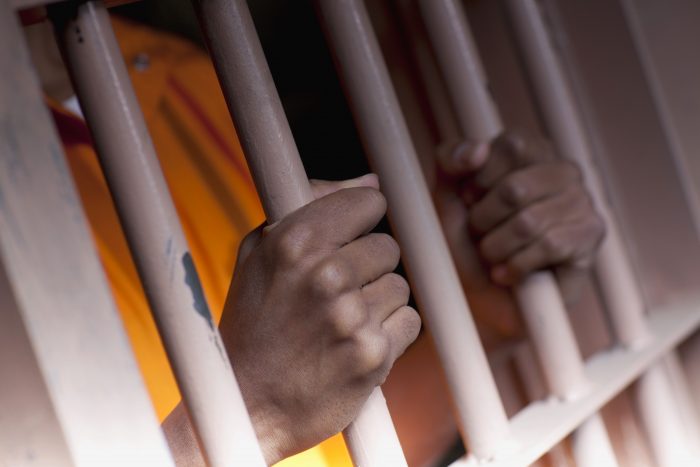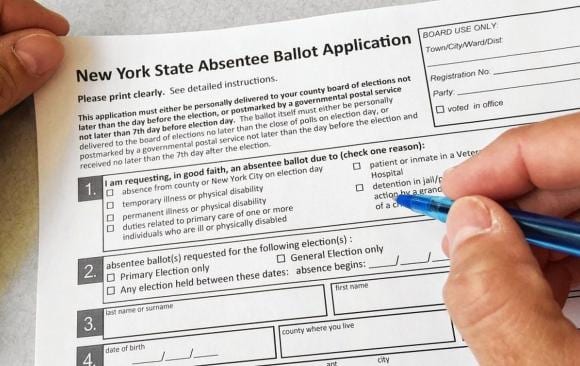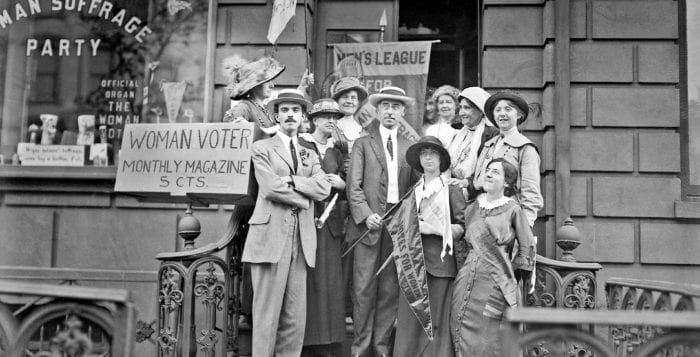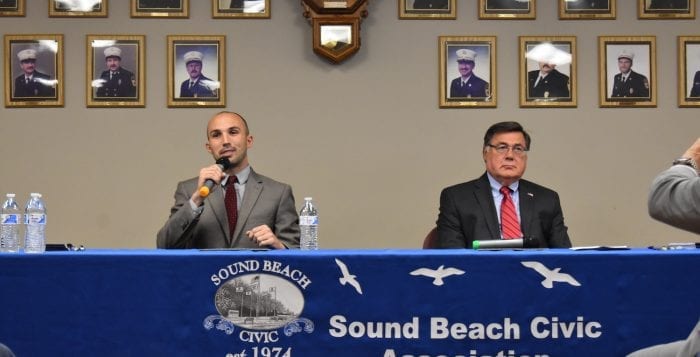By Lisa Scott
Bail is a part of our justice system that seeks to ensure that those who are charged with crimes appear in court to be held accountable. When someone is arrested and charged, the court will set an appearance date with a hearing or trial usually weeks or months away. Prior to bail reform, there were no standards and judges did whatever they wanted for any charge to assess the person’s potential to flee and not return to court. Sometimes quantitative tools that can measure “risk” were used, and those have been found to be plagued with bias.
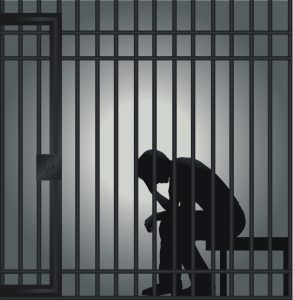 If the person cannot pay the bail amount, they remain incarcerated until their case is resolved, either through a settlement, a hearing, a trial, or dismissal. If they post bail, the money is not returned until the case is finalized – which can be months or in some cases, years later (less 9% processing fee).
If the person cannot pay the bail amount, they remain incarcerated until their case is resolved, either through a settlement, a hearing, a trial, or dismissal. If they post bail, the money is not returned until the case is finalized – which can be months or in some cases, years later (less 9% processing fee).
There is an obvious but complex problem inherent in this system. People with good credit or access to funds can post their own bail and go home. People who have no money or credit are held in jail until trial. For those on the bottom of the totem pole, a simple arrest, guilty or not guilty, can destroy a life, or a family. If they had, for instance, a minimum wage job, their incarceration will almost certainly lead to losing it. What happens to the rest of the family? What happens to any stability they may have had in their lives? The collateral damage of an arrest and even a relatively small but unaffordable bail can bring down the house. Average court costs can be over $15,000.
The question we ask ourselves is not whether the justice system should continue to use bail, but whether or not the bail system is used justly. In America, we are innocent until proven guilty, but the bail system can end up being incredibly punitive even before guilt is established in court.
New York State’s 2020 Bail Reform Act provided some relief and created uniform standards. For most misdemeanors and nonviolent felonies the law now required judges to release people with the least restrictive conditions necessary to reasonably assure the person will come back to court. Previously, the court could impose cash bail on any offense. The reform codified no cash bail and non-monetary bail conditions and provided for a third option of non-secured or partially secured surety bond (a loan due if the charged fails to appear).
The Reform was amended in April 2020 to include more situations where judges can impose cash bail. They will also have more discretion in setting bail and other conditions of pretrial release. It did not abolish bail but greatly reduced the role of money and enhanced the rule of law in determining whether defendants will be freed or jailed pending trial.
The new law, however, came under attack during the 2021 mid-term elections, especially from candidates campaigning on a “law and order” platform. Using a handful of instances of bail abuse, some tried to make generalizations about the new bail rules that data does not support. It is important to remember that bail (in its legal conception) was always about making sure people appear before the court, not punishing them before they’ve had their day in court.
Results of bail reforms so far have been positive. Pre-covid data sets from state level bail reforms in New Jersey, New Mexico and Kentucky as well as reforms in 4 major cities and 5 counties have indicated decreases in pretrial jail population, decreased or unchanged ”new criminal activity” rates and no increase in recidivism. In New York City, data during covid shows that just under 4% of those released pre-trial under bail reform have been rearrested for violent felonies.
This is a low percentage, yet this number is used to both support and criticize bail reform. As NYS Senator Julia Salazar of Brooklyn said, “It’s not really about facts. It’s about competing narratives about public safety” (City & State NY January 10, 2022). We must remember that bail reform saves lives and families and evens the playing field. The few cases of bail abuse are not enough to outweigh the benefits of these reforms. We support them every time we say the end the pledge of allegiance with “and Liberty and Justice for all.”
For more information:
–January 18, 2022 article by Steven B. Wasserman in the New York Law Journal
–Brennan Center’s explanation of the NYS Bail Reform law at https://www.brennancenter.org/our-work/analysis-opinion/new-yorks-latest-bail-law-changes-explained
–True cost of incarceration at https://finesandfeesjusticecenter.org/articles/who-pays-true-cost-incarceration
Lisa Scott is president of the League of Women Voters of Suffolk County, a nonprofit, nonpartisan organization that encourages the informed and active participation of citizens in government and influences public policy through education and advocacy. For more information, visit https://my.lwv.org/new-york/suffolk-county or call 631-862-6860.

